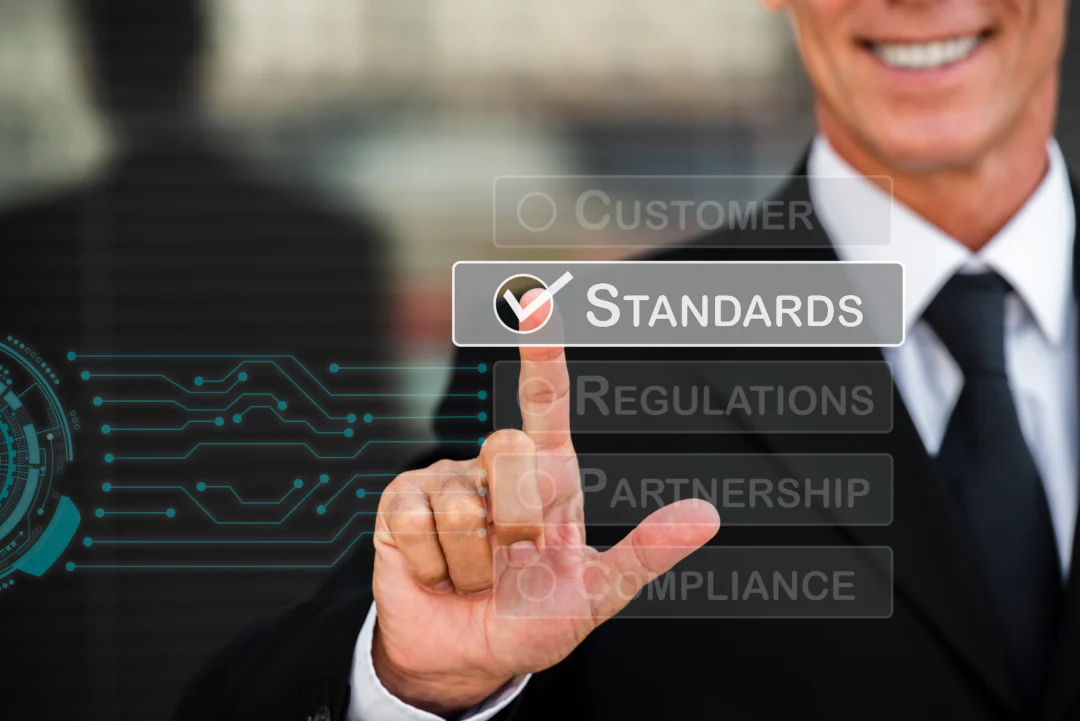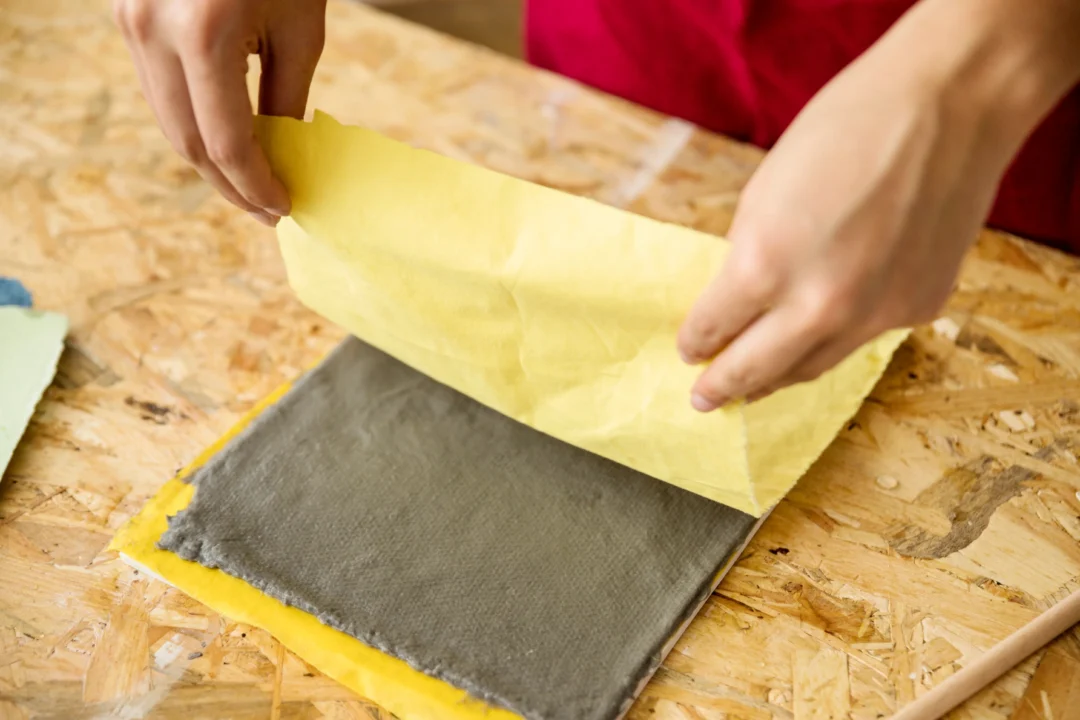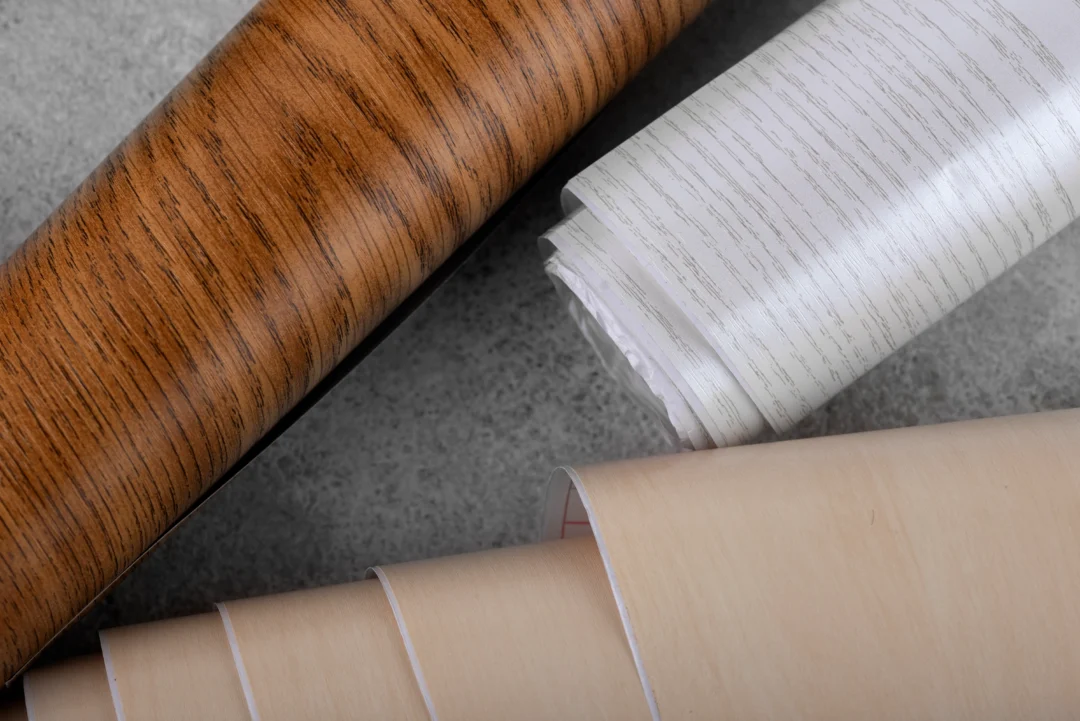
Construction standards in the United Arab Emirates (UAE) are strictly controlled to guarantee safety, efficiency and international standards. One of the essential requirements is the Certificate of Conformance (CoC) which is a compulsory approval document addressing compliance of the products with technical and safety criteria. Insulation material is one type of product that is highly regulated in the category of products used in residential, commercial, and industrial purposes. In order to obtain CoC issuance, the insulation material should be tested by the ISO, which is a widely accepted system around the world to prove the quality, safety, and performance of products. In this article, the author discusses reasons why the insulation materials used in the UAE need ISO-certification, focusing on regulatory, safety, and market aspects.
Learn more about testing and certification services.
The relevance of ISO Certification in UAE
The UAE construction sector is growing fast mainly through government-initiated infrastructure developments and private investments. Due to the high temperatures experienced in the area, the use of insulation material is therefore important in energy conservation and safety. The ISO certification in the UAE provides an assurance that the insulation material should be in line with globally accepted standards on thermal performance, longevity, and environmental effects.
To manufacturers and importers, ISO certification offers their credibility and minimizes entry barriers. It shows that insulation material has undergone assessment in regards to rigorous measures, reducing chances of non-observance. The Emirates Authority for Standardization and Metrology (ESMA) is one of the local authorities that heavily depend on the results of ISO standards in its review of applications to issue CoCs. This renders the connection between ISO certification in the UAE and the CoC process to be especially vital to construction stakeholders.
Explore insulation-related services.

The reason Insulation Material must undergo strict testing
Insulation does not simply mean the control of heat transport. The insulation in the climate of the UAE has to resist high humidity, dust, and high temperature fluctuations. Improperly tested insulation material may result in a great deal of energy wastage, increased utility bills and even escalation of safety risks like fire. To address these risks, the ISO-certified testing is used to assess such aspects as thermal conductivity, fire resistance, acoustics and chemical stability.
As an illustration, soundproofing insulation installed around the commercial towers in Dubai should survive acoustic assessments in order to ensure that both the local building codes and the ISO standards have been met. Absence of such verification means that the material cannot be issued with CoC, which will postpone project schedules and escalate costs. With certification to ISO in the UAE, insulation suppliers can be confident that their products are always safe and of acceptable performance.
See details on acoustic engineering and soundproofing testing.
The connection between ISO Certification and CoC Issuance
The Certificate of Conformance is only issued after inspection materials have satisfied the strict criteria provided by the UAE regulators. This process is based on ISO-certified testing because it offers objective and internationally recognized data to back-up compliance claims. In reality, it is almost impossible to issue CoC with no ISO-based test results on insulation material.
CoCs are issued by authorities to ensure the safety, environmental friendliness of materials and their compliance with building codes. In the case of businesses, loss of shipments, legal fines and a bad image can occur without a CoC in place. On the other hand, testing under the ISO certification facilitates the process of approval in such a way that there is minimal unacceptability of insulation materials in the market.
Reach out for compliance assistance.
Local Laws and International Adaptation
The UAE has been applying a regulatory structure that has been in tandem to the local needs and the international standards. In the case of insulation materials, this would not only imply adherence to ESMA standards but also to ISO standards. This high level of alignment enables cross border trade whereby the UAE based projects can source materials all over the world without reduction in quality.
ISO-certified insulation testing is the gold standard around the world and gives assurance to stakeholders in the value chain. Such a global-local alignment in the UAE leads to the creation of trust between developers, contractors, and the end users, which builds the reputation of high construction standards in the country.

UAE Market Case Exempla
The Abu Dhabi government-instigated housing developments require ISO-approved insulation to cut down on energy use in accordance with the sustainability principles of the emirate. In the same way, the commercial towers in Dubai are in need of both acoustic and thermal insulation materials, which have been subject to strict testing by the ISO before being approved by CoC. These illustrations underscore the way the UAE incorporates global best practices in its building ecosystem.
An example is the case of insulated boards with construction of a warehouse, imported. In the absence of ISO certification, shipments were held at customs until they were lab tested to be compliant. This not only led to costs but also affected the schedules of project delivery. These situations exemplify why an ISO certification in the UAE is critical in the businesses aiming to enter the UAE market with ease.
The implication of Independent Testing Laboratories
The UAE has independent laboratories like METS Lab, that are central to the provision of testing of insulation material, which is ISO certified. Such laboratories offer the technical know-how and certified facilities that are needed in carrying out effective performance measurement. Their results dictate the CoC issuance applications, and manufacturers and importers are less uncertain.
Additionally, independent labs are credible facilitators between businesses and the regulators so that everyone involved is comfortable with the certification process. With cooperation with accredited labs, companies can exclude risks of non-compliance and increase their credibility at the market. Such a partnership is especially important to the firms that aim to be ISO certified in the UAE in order to simplify their operations and approvals.

In the UAE, issuance of a Certificate of Conformance of insulation materials is inseparably linked with ISO-certified testing. In the absence of this stringent process, businesses will experience obstacles of compliance, financial fines as well as reputational risks. With the high rate of infrastructure development and the desire to embrace sustainability in the country, it is not a matter of choice that insulation materials should be of ISO standards, it is a mandatory thing. Independent laboratories like METS Lab are the source of expertise and infrastructure necessary to facilitate the gap between global and local regulations.
In a competitive and regulated market such as the UAE, the ISO certification in the UAE is the pillar of compliance and consumer confidence. The priority given to this process allows businesses to protect their operations, invest in the sustainability objectives in the country, and receive CoC in time.








No comment yet, add your voice below!